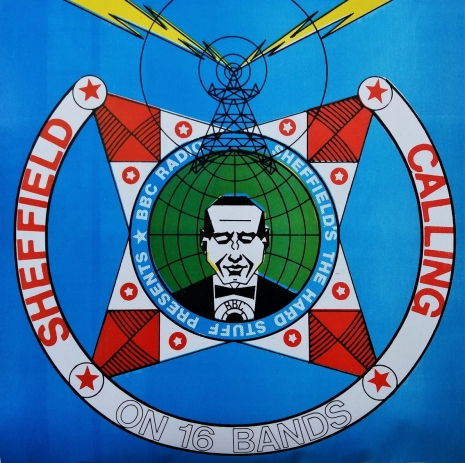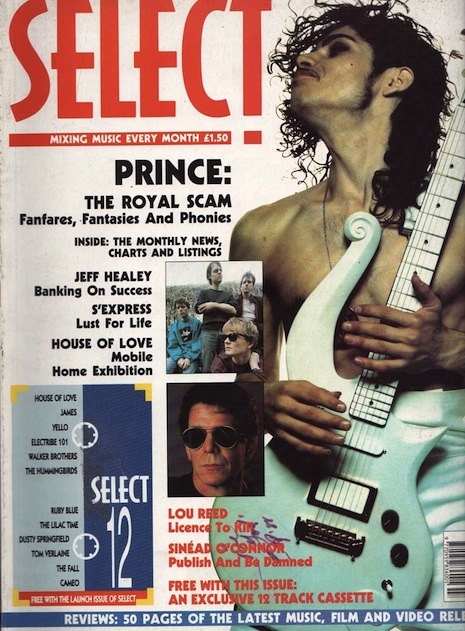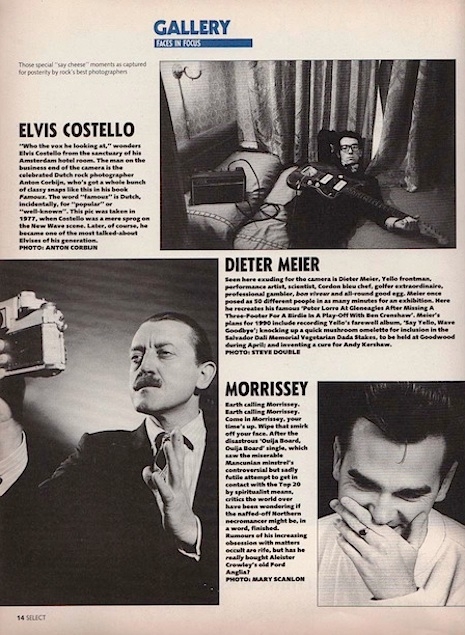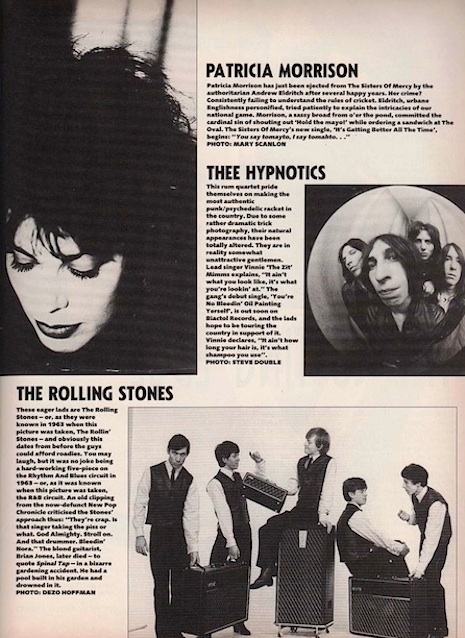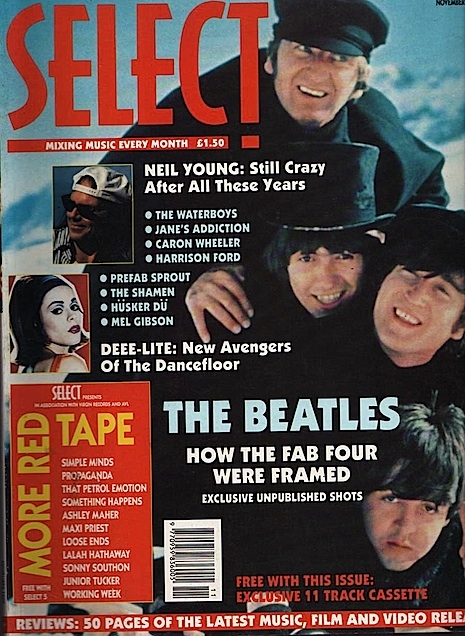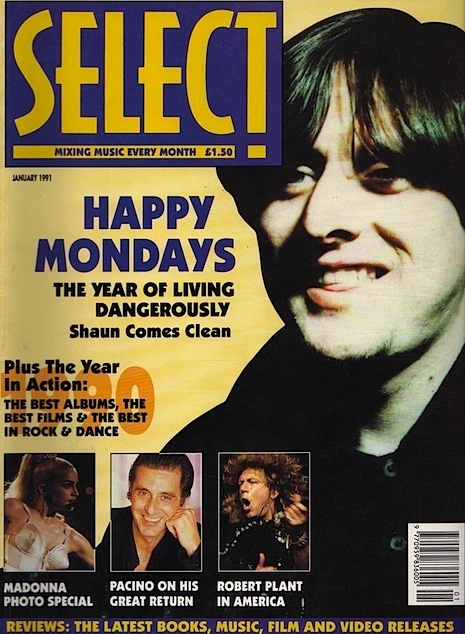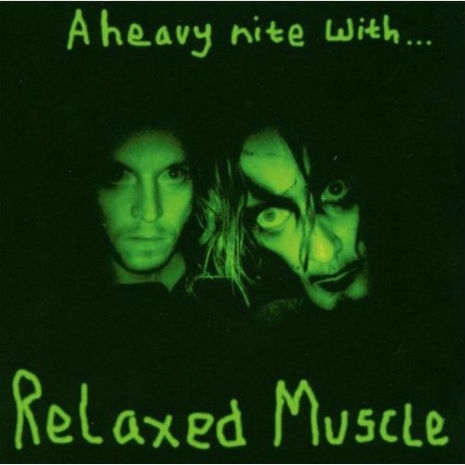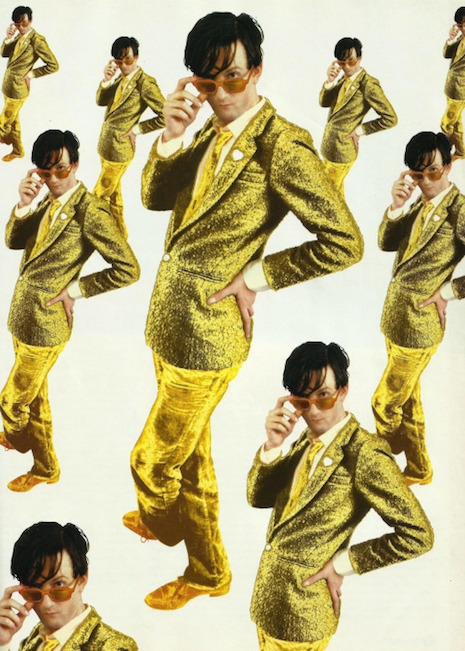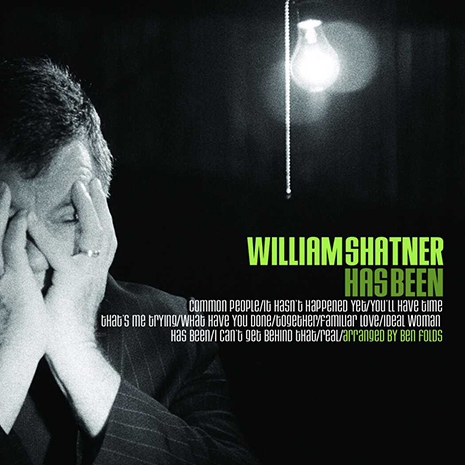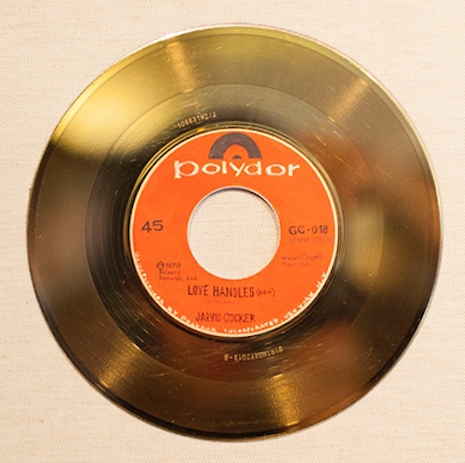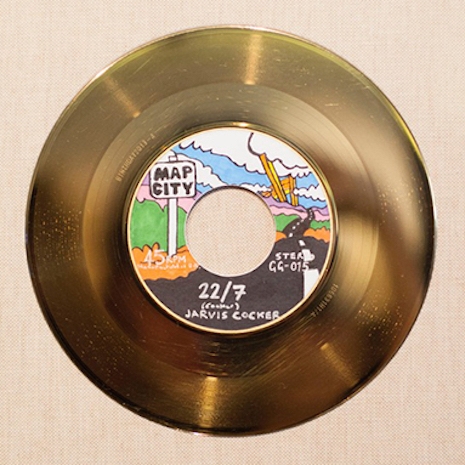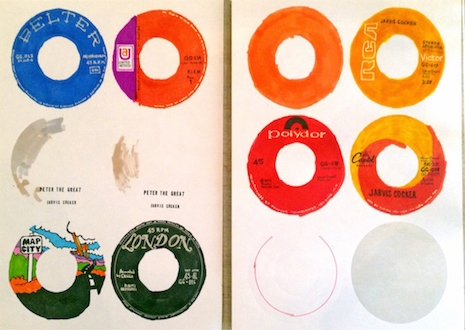
There are not many pop lyricists as good as Jarvis Cocker. Listen to the best of his solo work or the songs written with Pulp and you’ll hear a man who eavesdrops on life and turns the everyday into poetic gold.
When he started, Jarvis had a romanticized view of the writer’s life—the noble poet ensconced in some distant high tower contemplating his own suffering and angst. This all changed after a brief spell in hospital when he tuned into the conversation of his fellow patients and found their lives and tales to be more fascinating than his own. It changed the way Jarvis wrote his lyrics—changing from songs of myself to songs of experience.
When Pulp headlined at Glastonbury in 1995, Jarvis explained his inspiration for the band’s new single:
“‘Sorted for E’s and Wizz’ is a phrase a girl that I met in Sheffield once told me… and she went to see The Stone Roses at Spike Island and I said “What do you remember about it?”. And she said, “Well there were all these blokes walking around saying ‘Is everybody sorted for E’s and wizz?’” And that’s all she remembered about it and I thought it was a good phrase.”
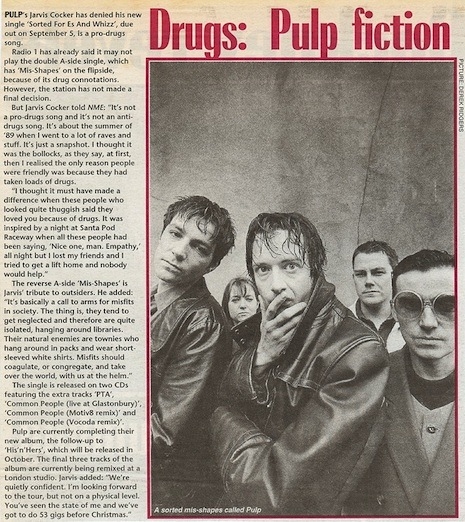
‘Drugs: Pulp Fiction’—NME fire an early warning shot about ‘Sorted…’.
When Pulp released the “Sorted for E’s & Wizz” as a double-A side with “Mis-Shapes” in September 1995, there was a sense that “Sorted…” would have the curtain-twitchers of Tunbridge Wells scratching angry letters to the papers. But as it turned out, it wasn’t the lyrics or the song’s title that saw a tabloid hate campaign launched against Pulp, but rather the single’s sleeve that caused a furore, as music paper Melody Maker explained at the time:
The cover of the single features a photograph of a page from a magazine folded into the shape of a speed wrap. No drugs are shown on the sleeve. The inside booklet features a series of origami-style diagrams showing how to fold a piece of paper to make a speed wrap. Again, drugs are neither mentioned nor shown. However, under pressure from retailers and Island Records, a new, plain white sleeve has been printed.
The press denounced the cover as a “sick drugs stunt,” and the Daily Mirror ran a campaign to ban the single claiming the band were “offering teenage fans a DIY guide on hiding illegal drugs.”
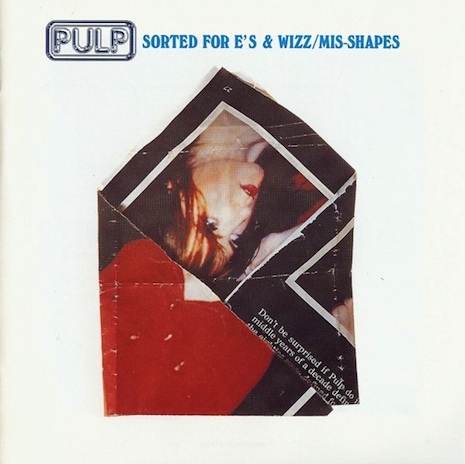
Exhibit A: The offending drug wrap cover.
I think it fair to suggest that most teenagers or twenty-something Pulp fans in the 1990s already knew how to make a drug wrap, because everyone was sorted for E’s, wizz, coke and anything else you could get your jammy little mits on during that decade—and this includes a whole tier of hypocritical Fleet Street journalists and TV producers, who snorted in their executive toilets but damned users in print and picture. Right or wrong, it was just the way it was, and Pulp’s song reflected the ubiquitousness of that culture.
But the Daily Mirror wasn’t just content with keeping down some working class pop stars, their journalists cruelly phoned a father whose son had died from taking ecstasy, and used his experience to damn the band. Classy.
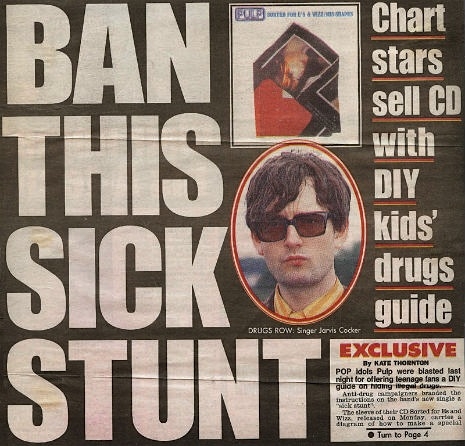
It forced Pulp to change the single’s cover and opt for a clever and rather tasteful knitting pattern design for the song “Mis-Shapes.”
As Jarvis explained the change was more about giving people the chance to hear the song than just giving in to the ire of a few media pundits. In an interview with the Melody Maker, he discussed what happened:
When did you first become aware that the Mirror was going to run with the story?
Jarvis Cocker: It was about half past 10 on Tuesday night. It was my birthday. Usually I would be out on my birthday, but I wasn’t that particular night, and I got a call saying it probably was gonna happen. The next thing I heard about it was my mother calling up at quarter past 10 the next morning, saying breakfast TV and various people had been ringing her up trying to get my number and trying to get her to make a statement about it, and stuff. But me mum’s alright, she’s not daft, so she didn’t say anything to them.
It surprised me, cos the thing that I was anticipating having trouble with was getting the record played on the radio. I’d been told that, because it mentioned drugs, they wouldn’t touch it with a barge pole. They wouldn’t listen to it, and so they wouldn’t realise that it was just a song about drugs. It wasn’t saying drugs are fantastic. So, you know, I thought we were home and dry, but then they started taking exception to the sleeve. It’s stupid, cos that’s basically an origami diagram. Origami does not lead to drug addiction, as far as I know - I might be wrong. Nowhere on the sleeve does it say, ‘Put your drugs in this handy container’. People say it’s obvious what it’s for, but it’s them who’ve spelt it out. It’s like saying if you have a picture of a gun on a record cover, that means you’re gonna go out and shoot people. The subject matter of the song is about drugs, so it’s appropriate that it has drug related imagery.
Any road, the Daily Mirror took it upon themselves to ring up the Association Of Police Officers and get their opinion on it. It was kind of weird, cos they rang back and said they thought the song was great and they had no problem with it, but they thought the sleeve was bad. That was a problem for us, cos basically that could have led to it being banned from a lot of shops. So I thought to myself, I think it’s an important song for people to hear, and if the sleeve is gonna get in the way of people hearing the record, I don’t want that. I’ve been quite angry today cos there’s all this stuff to do with the chart people and all this daft formatting business, and they’re saying if you change the sleeve then it’s another format so it’s not eligible for the charts any more.”
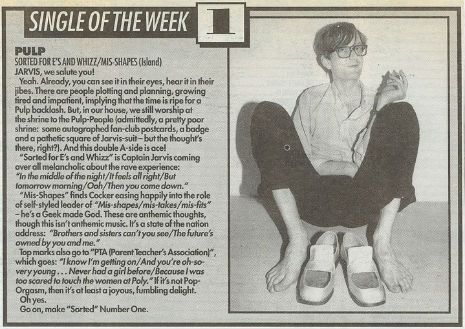
More from the Melody Maker:
Ironically, the pre sales on the single were already well over 200,000 before its release on Monday - the biggest advance figure in Island Records’ history, according to the label’s marketing director, Nick Rowe. Regardless of the tabloid reaction, with Sorted For E’s & Wizz, Pulp seem to have tapped into the wider debate going on in the media concerning drug use in Britain. Recent examples being Channel 4’s ‘Pot Night’ and the current series, ‘Loved Up’.
Jarvis Cocker: I’m not saying I did it cos I thought we could open up a forum for discussion, but I think the drugs thing in Britain now is something that people can’t ignore any more. So many people are doing it you can’t just say it’s these fringe elements and they should be rehabilitated. People are just doing it on a recreational basis and treating it in the same way as they treat drinking or having some fags, so you can’t just say everybody who does it is an evil monster, and you can’t just like shut your ears to it every time somebody mentions it. There’s got to be some kind of a change in attitude to it. That’s why I thought it was great that it got played on the radio, cos that to me showed that there had been a change in attitude to drugs.”

Exhibit B: The offending diagram showing how to make a wrap.
Despite all the unnecessary hoo-hah about nothing much in particular, “Sorted for E’s & Wizz”/“Mis-Shapes” went on to hit the number two spot in the UK pop singles charts.
Below Pulp premiere “Sorted for E’s & Wizz” at Glastonbury 1995.
